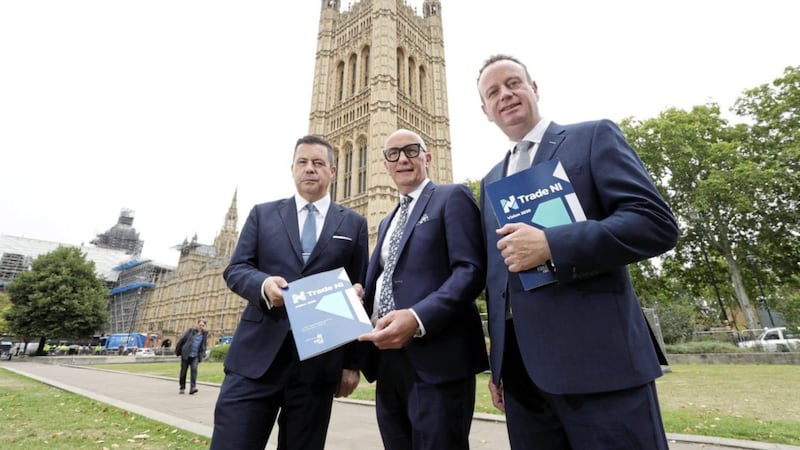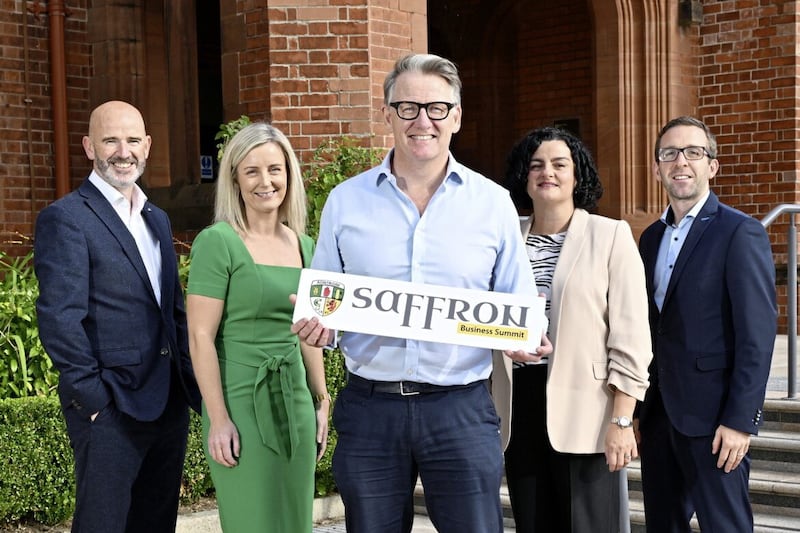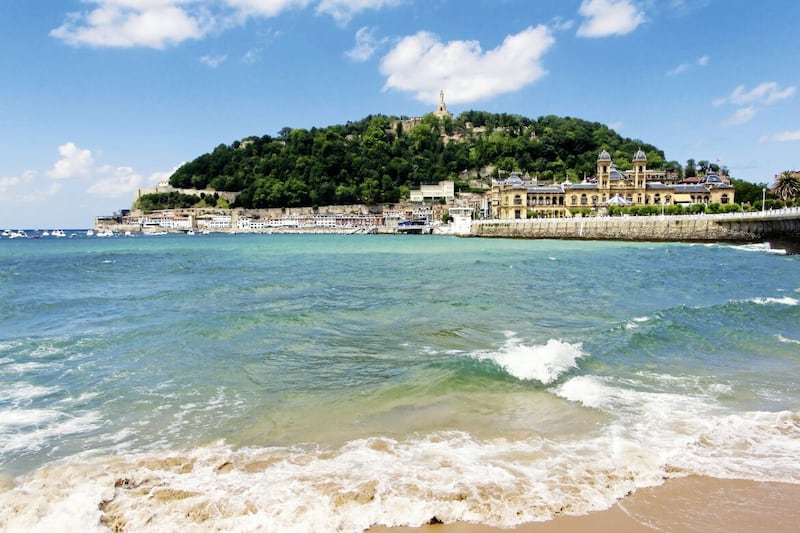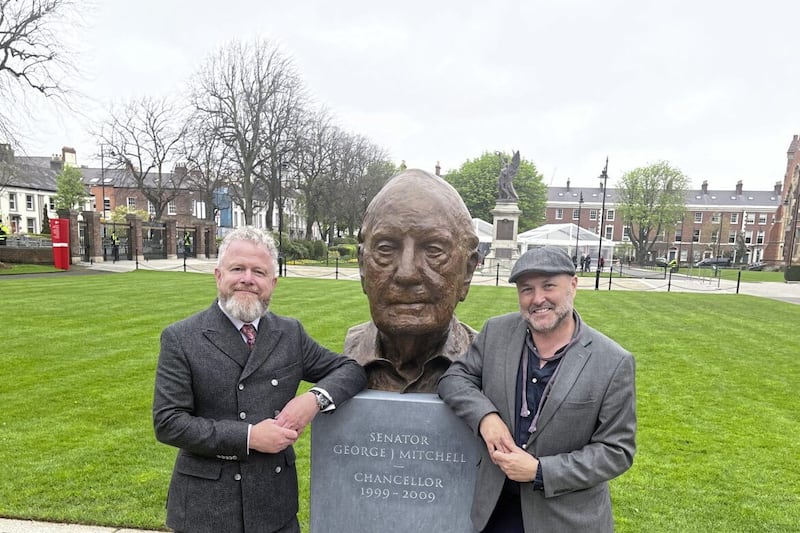I WAS lucky enough to attend the Trade NI visit to London the other week, designed to demonstrate business concerns with the direction of the Brexit ‘negotiations’.
The three organisations behind Trade NI (Manufacturing NI, Hospitality Ulster and Retail NI), which have around 300,000 people collectively employed across their sectors, have done a very effective job in representing their membership and the leaders of some of our best and most successful businesses here travelled over to make their voice heard in what was the largest ever business delegation to travel to Westminster.
They were well received. First, at a lunch in The Irish Embassy, then at a well-attended reception on the terrace of the House of Commons and then the major coup of a Prime Ministerial reception in Downing Street. I had never been in Downing Street before and I’d never met Boris Johnson. I messed it up. Instead of having a stern conversation with him about the negative impact of Brexit on our economy and society here, I tilted the head sideways, smiled and laughed with him like a wee school boy in a prize giving line-up. All that was missing was my short trousers, fancy blazer and a cap (not that I ever wore those at Holy Child PS in the 1970s).
Mind you, I don’t think I was the only one who was too impressed by the moment; quite a few other people let the occasion get to them and were probably even more fawning than I was. Having said that, there were plenty of people in the delegation who sent the Prime Minister a hard message too. So, I don’t think by the end of the evening, Boris Johnson was in any doubt about the pain ahead here, particularly in a no-deal Brexit scenario.
It was an effective day for the Northern Ireland business community at Westminster and indeed the back-drop to it included quite a lot of talk about potential ways around the backstop that would allow free trade on the island and still, somehow, keep the DUP satisfied.
A story along those lines appeared in The Times newspaper the following morning. Progress was being made it claimed. Michael Gove had said the same thing in Downing Street the night before (I was a good deal less fawning with him). Of course, Sammy Wilson then went on BBC Radio 4’s Today programme and denied it all. Arlene Foster followed up with a tweet seemingly confirming that position. And yet in her speech in Dublin last week, there appeared to be some small chinks of light.
I don’t think there can be any doubt that Boris and his cohort want a deal and would happily allow some sort of special arrangement on the island to secure an overall exit agreement with the EU. In that scenario, how the DUP react and fare in the next few weeks will be very interesting.
One thing’s for sure, we do need a deal. The evidence for that was very fairly and comprehensively set out by the head of the Northern Ireland Civil Service David Sterling in a speech to the Centre for Cross Border Studies in Dundalk on Friday past. It was a speech which gained praise from both the head of the UK Civil Service Sir Mark Sedwill and the chief civil servant in Dublin, Martin Fraser.
David Sterling reported that around 8,000 Northern Ireland firms export approximately £3.9 billion of goods and services south and around 40,000 jobs here rely on EU exports. In that context a no deal Brexit “would have a profound and long-lasting effect,” he said. This is based on a “severe and acute economic impact with a forecast 9 per cent reduction in Northern Ireland GVA (gross value added), the key measure of the value of goods produced.
He added that uncertainty about future border controls and regulatory differences would have an ‘immediate impact on the agri-food sector’ and the £309m worth of live animals and raw milk sent south would face ‘substantial tariff and non-tariff barriers’ in a no deal scenario. He also said: “there is potential for regulatory divergence in the single electricity market. The lights will not go off, but we could see an increase in prices”.
He added that there could be significant disruption to supplies including foods, medicines and chemicals, again leading to higher prices; potential for civil unrest and public protest. “Our assessment is that the cumulative impact of all this would be grave for Northern Ireland - politically, economically and societally.”
Mr Sterling was not making a political point, though no doubt some probably accused him of it. He was giving an honest and evidence-based assessment of the current situation, particularly if Brexit occurs without a deal. He also added that civil servants were reaching the limits of what they can and cannot do without political direction. The restoration of the Executive is crucial, he said. “We need our ministers back and we need them back quickly”.
So, simple and straightforward messages in both Downing Street and Dundalk. Let’s hope in the coming weeks the people with the ability and responsibility to respond, actually do so. It’s time for the politicians to do their jobs.
:: Paul McErlean (paul@mcepublicrelations.com) is managing director of MCE Public Relations
:: Next week: Jamie Delargy







